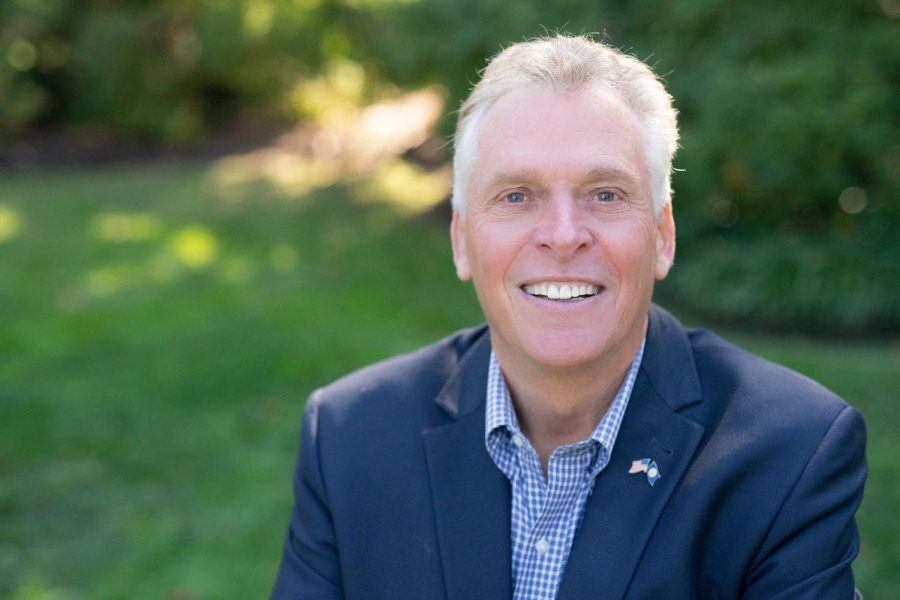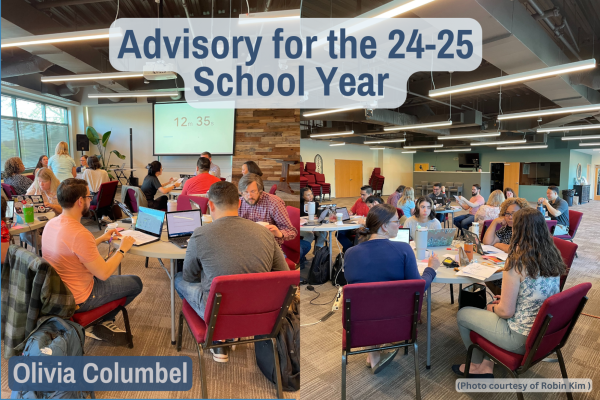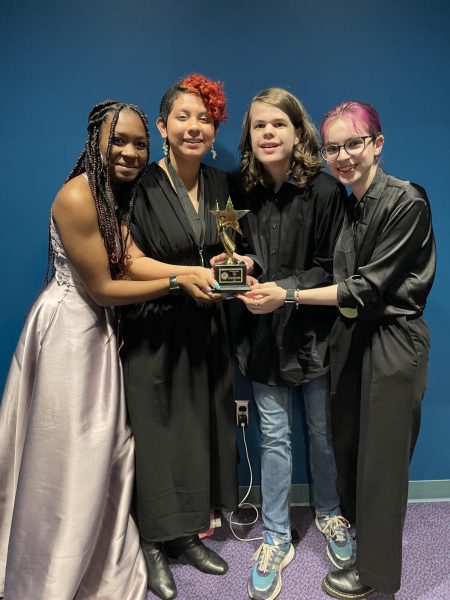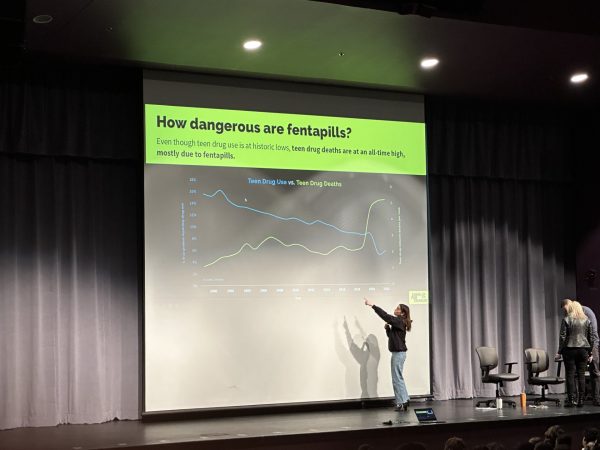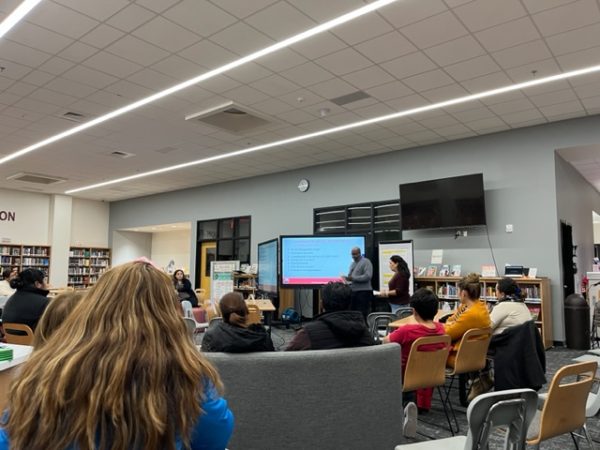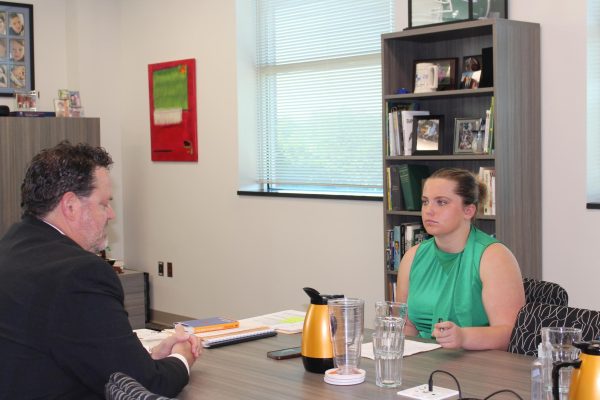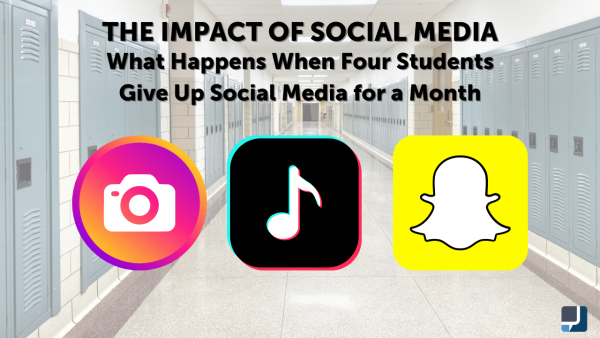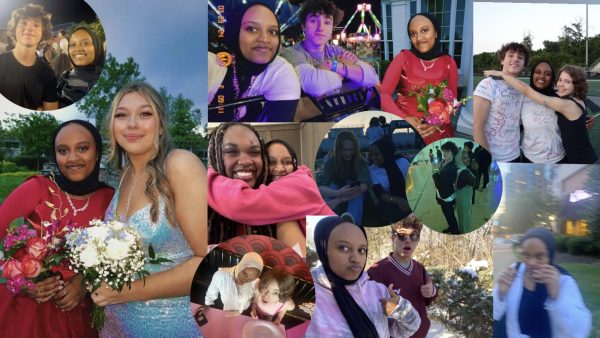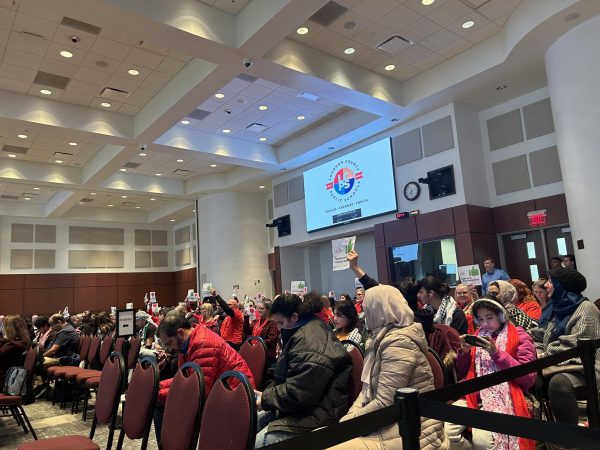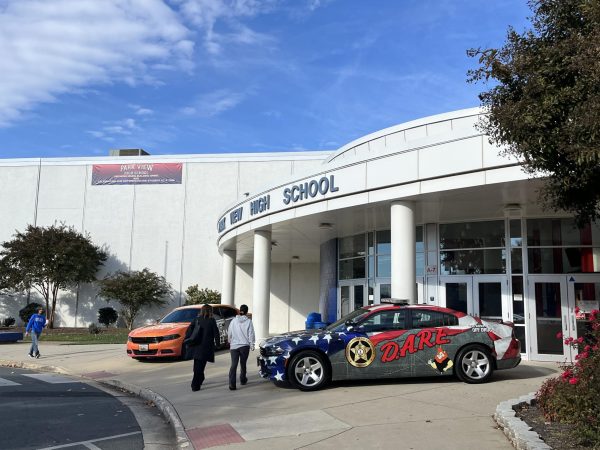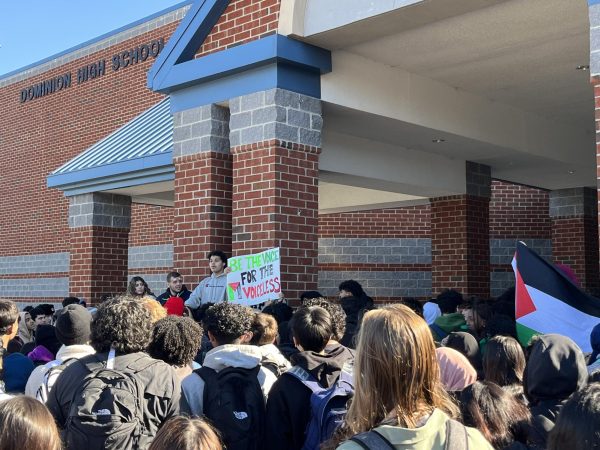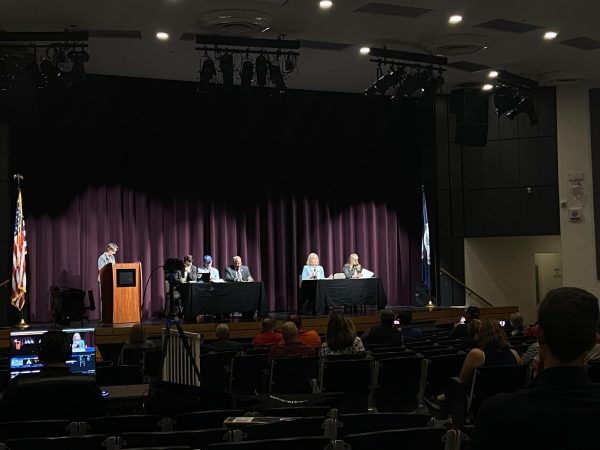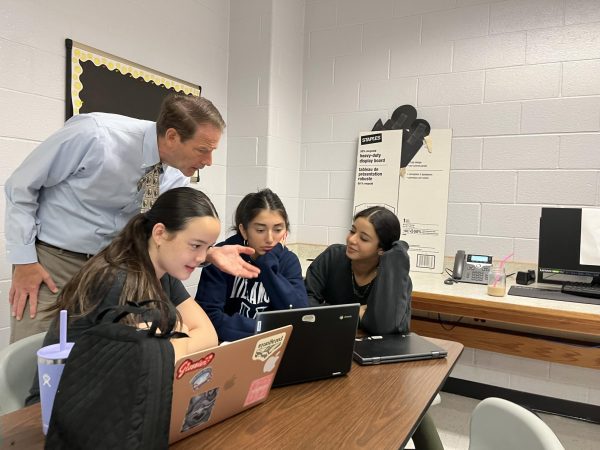A Special Q&A with Democratic Candidate for Governor Terry McAuliffe
With Virginians headed to the polls tomorrow in a tightly contested Governor’s race, we reached out to both campaigns and heard back from Terry McAuliffe’s and here are his answers to our questions that we feel are important for young voters to know.
Terry McAuliffe, CC BY-SA 2.0
The election for a new governor will happen on Tuesday, November 2.
Would you consider a vaccine mandate for all students? Why, or why not?
The COVID-19 pandemic has been incredibly challenging for Virginians in every corner of the Commonwealth and we have to get it behind us. I have been clear from the very beginning — the only way we are going to end this pandemic is by getting every eligible Virginian vaccinated as quickly as possible. This is especially important for the hundreds of thousands of children and students under the age of 12 in Virginia who are not yet eligible to get the vaccine. That is why I’m going to immediately launch my “Virginia is for Vaccine Lovers” vaccination campaign, deploying an army of public health workers to regions with low vaccination rates, hosting mobile vaccine clinics, and encouraging every Virginian to get vaccinated. As governor, I will work to keep Virginians safe from COVID-19 and our students safely in schools.
What changes do you want to make to the education system as a whole in Virginia?
I launched my campaign on what I believe is one of the most important issues facing our next governor, and that is education. As governor, I will make a record investment of $2 billion per year in K-12 education to deliver every child a world-class education, raising teacher pay above the national average for the first time in Virginia history, getting every student online, and expanding access to pre-K for every three and four-year-old in need. I will also make Virginia the best state in the nation for STEM-H and computer science education. I know we can make great progress now because we’ve done it before. As Virginia’s 72nd Governor, I secured a record $1 billion investment in education, eliminated five SOL tests and redesigned the high school experience with an eye toward workforce readiness. Together, we will build an education system that lifts everyone up and gives every student a shot at a good-paying job.
What assistance will be provided to minimum wage workers in order for them to be able to make a living that can support them and their families?
I’m running for governor because I have the experience to build a stronger economy that lifts everyone up. That means accelerating the minimum wage increase to $15 an hour by 2024, ensuring that every Virginian has access to paid sick, family and medical leave and affordable health care. I am going to create hundreds of thousands of good-paying jobs throughout the Commonwealth and ensure that our workers have access to the pay and benefits they deserve. I know we can make progress now because I did it before. As Virginia’s 72nd Governor, I created 200,000 good-paying jobs, reduced unemployment in every single city and county in Virginia, and grew personal income by 14%.
What plans for climate action are being made for your tenure in Virginia?
Climate change is one of the most pressing issues facing our Commonwealth and we must take aggressive action to combat it. As governor, I will accelerate Virginia’s path to 100% clean energy by 2035 and create thousands of good jobs in the process. I’ll start by restructuring Virginia’s regulatory system to ensure that utilities are working to achieve our clean energy goals, and I will set aggressive energy efficiency standards that will lower our energy consumption and lower Virginians’ energy bills. Decarbonizing our transportation sector, which contributes 45% of our carbon emissions, will also be a top priority, and I’m going to work my heart out to electrify personal vehicles, public transportation and school buses. Together, we will build a more resilient Commonwealth and tackle climate change head on.
Can you describe any changes you would want to see made to the cost of higher education?
By 2027, 70% of jobs are expected to require some education beyond high school, but higher education is too expensive and out of reach for many Virginians. As governor, I will work to make higher education more accessible and affordable. I will expand eligibility for Virginia’s G3 program so that additional students can take advantage of tuition-free community college for high-demand fields. I will also work to build a five-year pathway to careers by ensuring that students can seamlessly transition into community college and then into the workforce. I will also streamline financial aid programs and increase investments in financial aid by leveraging federal COVID-relief funds. Making college more affordable will create new opportunities for students in every corner of the Commonwealth and I’ll be ready to get to work on day one.
On the McAuliffe website, it is mentioned that Terry McAuliffe is committed to protecting women’s rights; what deals, policies, or laws will be implemented that will further this/how will they be protected?
As governor, I will always fight to protect women’s rights, just like I did as Virginia’s 72nd Governor. I will work to address the unique challenges that have driven women out of the workforce during the COVID-19 pandemic and make it harder for them to rejoin it. As governor, I will work to address pay equity, raise the minimum wage to $15 an hour by 2024, ensure that every Virginian has access to paid sick, family and medical leave, and I will make child care more affordable. I’m also going to protect a woman’s right to choose, and stand as a brick wall against any attack on women’s reproductive rights. When I was governor before, I kept every women’s clinic in Virginia open and vetoed every anti-choice bill that came to my desk. I also established the annual Virginia Women’s Summit to engage and empower women to lead in collaboration with the Virginia Council on Women, and I invested in women-owned businesses by creating a micro-loan program.
How will mental health resources be used, or are there any plans to give students mental health assistance?
Investing in Virginia’s behavioral health system was one of my top priorities as Virginia’s 72nd Governor and it will continue to be when I am Virginia’s next governor. Virginia’s behavioral health system has been underfunded for years and our communities have paid the price. As governor, I will continue to build out STEP-VA, which creates consistency in community-based services and support project BRAVO, Virginia’s behavioral health redesign, to ensure that we have strong systems of care in our communities and strong supports for individuals in crisis. I’m also going to build on innovative and successful programs like the Virginia Mental Health Access Project, which train pediatricians to identify and treat mental health disorders and leverage local networks of behavioral health professionals to break down barriers to care. I’m going to expand that program so that more Virginians can benefit. And I will continue COVID-era flexibilities around telemedicine which make it easier for Virginians in every corner of the Commonwealth to get the care and treatment they need.
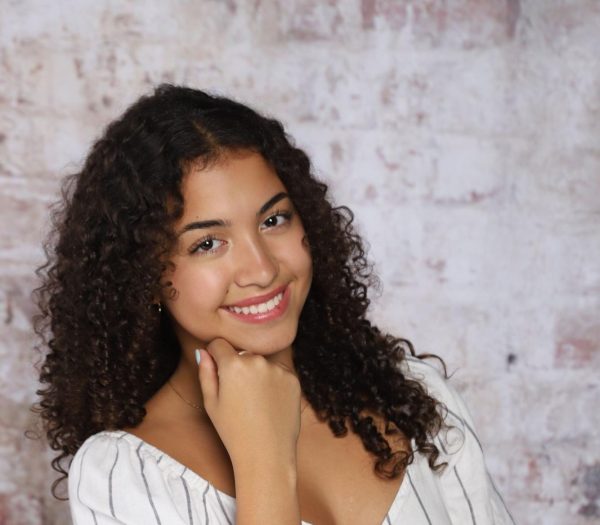
Cynthia Gonzalez is Co-Editor-in-Chief, and is a senior serving her fourth year writing for DHS Press. Her favorite pieces to write are ones relating to...



